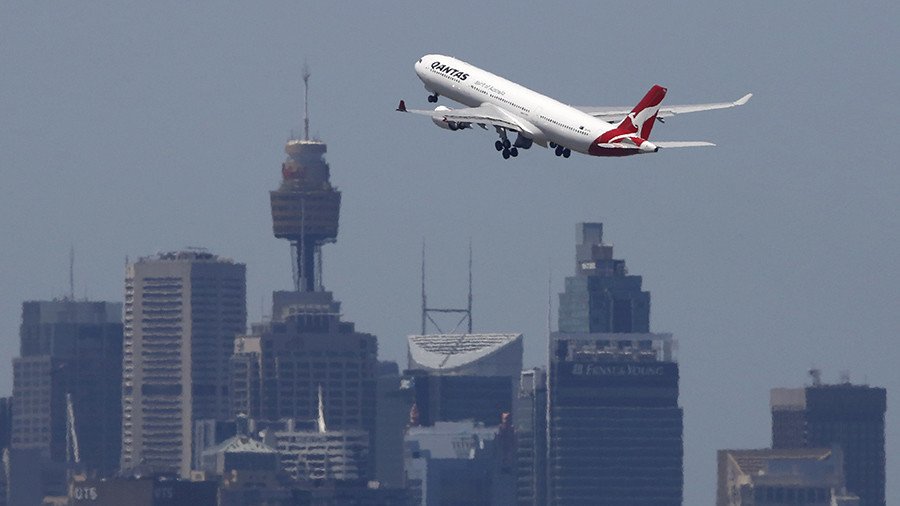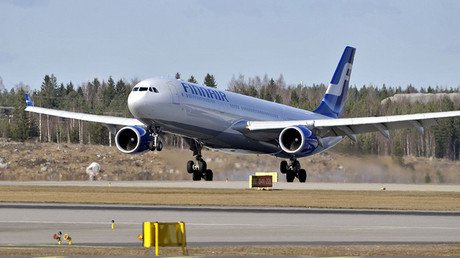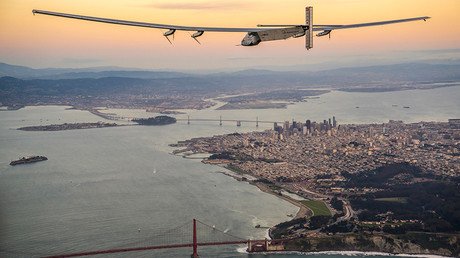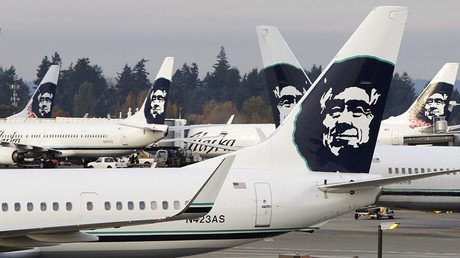Airliner fueled by mustard seed oil takes flight from US to Australia

The world’s first 15-hour biofuel flight took off on Monday from Los Angeles to Melbourne. A Qantas Boeing 787 Dreamliner was filled with 24,000kg of mustard seed-based blended fuel.
In addition to 90-percent regular jet fuel, the airplane burned 10 percent of blended fuel, which has been derived from brassica carinata, an industrial type of mustard seed that functions as a fallow crop. The seed can be grown by farmers in between regular crop cycles. One hectare of seeds yields 400 liters of biofuel and 1400 liters of renewable diesel.
Right now, over the Pacific Ocean, a Qantas 787 is on its way to Melbourne from LA. Why are we telling you this? The Boeing jet is being partially fueled by 24,000 kg of mustard seed. It's the first ever U.S.-Australia biofuel flight. "Farm to flight" is a thing, people. pic.twitter.com/61BhY1169L
— Morning Brew (@MorningBrew) January 29, 2018
The process has been developed by Canadian agricultural-technology company Agrisoma Biosciences. According to its CEO Steve Fabijanski, mustard seeds are not only easily converted into jet fuel, but there are other advantages including producing animal meal after the oil extraction.
“It's a tough crop. It grows where other crops won't grow. It doesn't need much water and it's well understood by farmers,” he said as cited by the Australian website Traveller. “They can grow it and do well with it.”
Carinata-derived fuel reportedly offers more than 80 percent reduction in carbon emissions compared with traditional jet fuel.
Qantas' historic flight comes as the airline was named the least efficient carrier in the region. The International Council on Clean Transportation reported this month that the airline burnt the most carbon of major airlines that fly across the Pacific.
The CEO of Qantas International, Alison Webster, said that despite the unusual fuel, Monday's flight would be routine.
“The biofuel goes through exactly the same certification and tests as standard aviation,” which includes engineering, safety and performance checks.
The company aims to have flights running regularly on biofuel (not necessarily carinata-derived fuel) by 2020. According to its spokeswoman, Qantas plans setting up an Australian biorefinery in the near future in partnership with Agrisoma Biosciences.
For more stories on economy & finance visit RT's business section
















